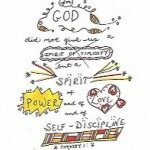
We just launched Using Minecraft in Christian Education with Elizabeth and Joseph Brignac For Individuals and For Groups.
Minecraft is one of the best-selling games in the history of video games. (Some put it at the top of the list; others, second.) It has been available to the public since 2011 and is still going strong, with 126 million people playing it monthly as of May, 2020. In the world of video games, where games become obsolete within a couple of years, that’s like a 100-year-old athlete winning the Boston Marathon and getting ready to run it again next year.
Minecraft is unique in a number of ways beyond its exceptional, long-lasting popularity. Few games allow for as much freedom of creative exploration as Minecraft. Creative mode in Minecraft allows people to build anything from simple structures:

A simple Minecraft house.
to more elaborate ones:

Imperial Summer Palace in Minecraft. (You couldn’t make anything this elaborate without great expertise and many, many hours to devote to it but it’s fun to see what people can do.)
In this class, Elizabeth Brignac, Senior Course Designer at ChurchNext who has both used and written about using Minecraft in Christian education, and her son Joseph, who has used Minecraft to learn about the Christian faith, demonstrate creative ways in which Christian educators and parents and guardians can use Minecraft as part of a Christian education experience. In the first lesson, Elizabeth goes into the benefits of using Minecraft in Christian education. In the second lesson, she discusses and Joseph demonstrates how to use Minecraft to teach about churches. She goes on to talk about what Christian educators need to get started teaching with Minecraft. In the third lesson, Elizabeth discusses and Joseph demonstrates ways to use Minecraft to build structures and tell stories from scripture. The fourth lesson goes into other ways to use Minecraft to teach about Christianity. An optional fifth lecture talks about using Minecraft in remote learning for Christian education.
This class is ideal for anyone interested in learning new ways to teach kids about the Christian faith.

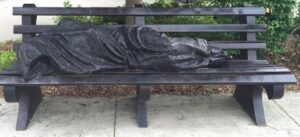
 We have just launched
We have just launched The vestry of a church has many responsibilities, including making decisions on all financial and property matters. Every vestry member needs to know about the vestry’s responsibilities for the financial health and well-being of the church for which they are stewards.
The vestry of a church has many responsibilities, including making decisions on all financial and property matters. Every vestry member needs to know about the vestry’s responsibilities for the financial health and well-being of the church for which they are stewards. We have just launched
We have just launched 
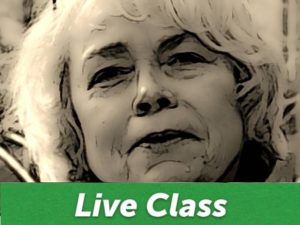 As you may have already learned, ChurchNext will offer a FREE, live course called
As you may have already learned, ChurchNext will offer a FREE, live course called 
 in the church and ways that we observe and commemorate the Lenten season today.
in the church and ways that we observe and commemorate the Lenten season today.
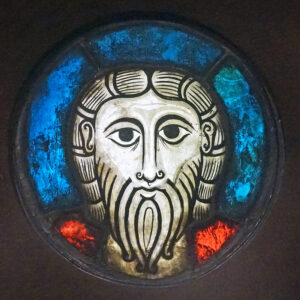 death on the cross in terms of how different people have understood it over time.
death on the cross in terms of how different people have understood it over time. spiritual practices on a familial level.
spiritual practices on a familial level.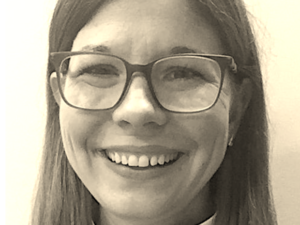 We’ve just launched
We’ve just launched 
